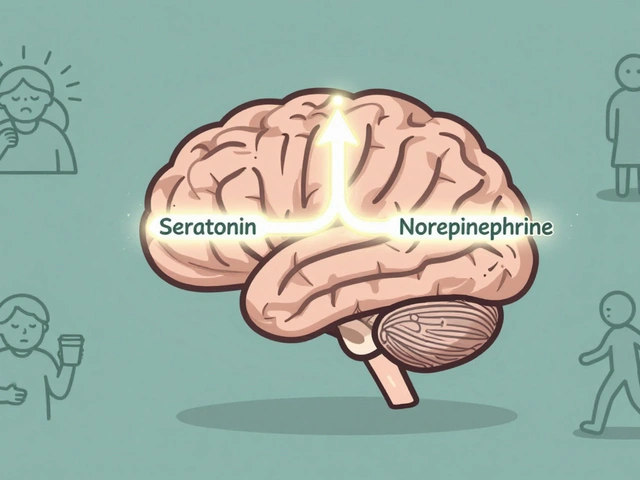Stress Management: Practical Tips to Reduce Everyday Pressure
Feeling swamped? You’re not alone. Stress shows up at work, at home, even when you’re scrolling your phone. The good news? You can tame it with simple habits that fit into your day. Below are bite‑size tricks you can start right now, plus a few longer‑term moves that keep the pressure low.
Quick Stress‑Busting Techniques
When you notice your heart racing, try the 4‑7‑8 breath. Inhale for four seconds, hold for seven, then exhale slowly for eight. It signals your nervous system to calm down and can be done at a desk or in a line at the grocery store.
Another fast fix is a “body scan.” Close your eyes and mentally run through each part of your body, starting at your toes and moving up. Spot any tension and consciously relax those muscles. It often reveals tight shoulders you didn’t realize you were holding.
If you have a few minutes, step outside. Natural light and fresh air reset your brain’s stress sensors. Even a short walk around the block drops cortisol, the hormone that fuels anxiety.
Long‑Term Lifestyle Changes
Regular movement beats a one‑off workout any day. Aim for 30 minutes of moderate activity most days—think brisk walking, cycling, or a quick home workout. Exercise releases endorphins, the body’s built‑in mood boosters.
Nutrition matters, too. Skipping meals or loading up on sugary snacks spikes blood sugar, which can make you feel jittery. Balance each meal with protein, fiber, and healthy fats to keep energy steady and stress levels lower.
Sleep is the hidden hero of stress control. When you’re short on shut‑eye, the brain’s ability to regulate emotions falters. Try a consistent bedtime routine: dim lights, no screens for 30 minutes, and a cool room temperature.
Mindfulness doesn’t have to be a full‑hour meditation. Start with a five‑minute “mindful pause” during the day. Focus on the taste of your coffee, the feel of your hands, or the sounds around you. This tiny practice trains your brain to stay present, reducing the habit of over‑thinking.
Lastly, set boundaries. It’s okay to say no to extra projects or social events that drain you. Write down your top three priorities each day and let everything else fall away unless it truly supports those goals.
Managing stress isn’t about eliminating pressure completely—it's about giving yourself tools to handle it without burning out. Try one of the quick techniques now, then pick a longer habit to work on this week. You’ll notice a calmer mind, steadier energy, and a better mood in no time.



